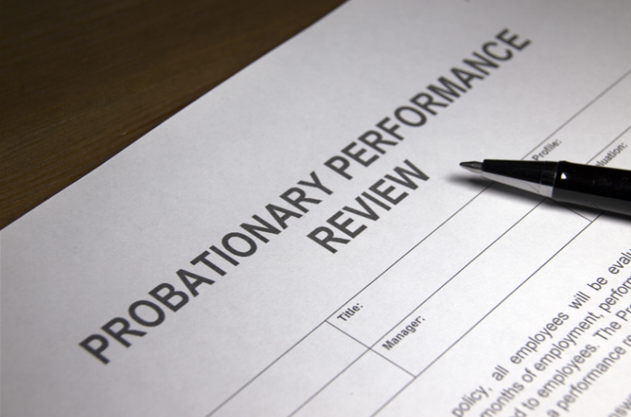- Establishing a Reasonable Probationary Period:
The first step in utilizing the probationary provision is to establish a reasonable probationary period. While the Act does not provide a specific duration for probation, it is essential to consider the complexity of the role and the time required to adequately assess an employee’s competence. A reasonable probationary period should be clearly communicated to the employee in their employment contract or offer letter, outlining expectations, evaluation criteria, and any specific milestones or goals.
- Defining Clear Performance Expectations:
To ensure a fair assessment, employers must establish clear performance expectations and criteria for the probationary period. This includes providing new employees with a detailed job description, outlining the essential duties, responsibilities, and performance standards. By setting clear expectations from the outset, employers can provide a framework for evaluation and give employees a fair opportunity to demonstrate their abilities.
- Regular Feedback and Performance Evaluation:
During the probationary period, regular feedback and performance evaluations are crucial for both the employer and the employee. Employers should schedule periodic meetings to discuss the employee’s progress, address any concerns, and provide constructive feedback. These evaluations should be based on the established performance expectations and criteria, allowing the employee to understand their strengths and areas for improvement.
- Training, Support, and Development Opportunities:
Employers should provide appropriate training, support, and development opportunities to help employees succeed during the probationary period. This may include orientation programs, mentoring, on-the-job training, or access to further professional development resources. By investing in an employee’s growth and development, employers can enhance their chances of success and create a positive work environment conducive to learning and improvement.
- Documentation and Communication:
Throughout the probationary period, it is vital for employers to maintain accurate documentation of the employee’s performance, including any performance-related concerns, discussions, and improvement plans. Clear and open communication is essential, as employees need to be aware of any areas requiring improvement and have a fair opportunity to address them. Employers should provide timely and constructive feedback, clearly outlining any performance issues and offering guidance on how to rectify them.
- Opportunity to Respond and Fair Dismissal Procedures:
If, after a reasonable probationary period, an employer determines that an employee is not meeting the required standards, the employee must be given an opportunity to respond before any dismissal decision is made. Employers should conduct a fair and unbiased hearing, allowing the employee to present their case, explain any mitigating factors, or provide additional information. This ensures procedural fairness and gives the employee a chance to address any concerns raised.
The probationary provision in the Labour Relations Act provides employers with a valuable tool to assess an employee’s suitability for a job. Herewith some case law for reference of key legal pronciples.
- SABC vs McKenzie (2010):
In this case, the South African Broadcasting Corporation (SABC) dismissed an employee during her probationary period without providing her an opportunity to respond. The court ruled that the employer’s failure to afford the employee a hearing before dismissal contravened the principles of procedural fairness. The case emphasized that employers must allow employees to present their side of the story and respond to any allegations or concerns raised during the probationary period.
- University of the Witwatersrand vs Raselekoane (2013):
In this case, the court addressed the issue of a reasonable probationary period. The employee was dismissed after serving a probationary period of one week due to alleged poor performance. The court held that such a short probationary period was unreasonable and did not provide the employee with a fair opportunity to demonstrate her capabilities. The case highlighted that employers must establish a reasonable probationary period that allows employees sufficient time to prove their suitability for the position.
- NUMSA obo Khumalo v. Minister of Defence (2017):
This case dealt with the employer’s duty to provide employees with clear performance expectations during the probationary period. The court emphasized that employers must establish and communicate clear criteria and standards against which an employee’s performance will be evaluated. The absence of well-defined performance expectations was deemed unfair to the employee, as they were not given a fair opportunity to meet the employer’s requirements.
- Mafadi Security Services (Pty) Ltd. v. Satawu obo Lephoto (2019):
In this case, an employee was dismissed during the probationary period without any prior warnings or opportunity to respond. The court held that the employee’s dismissal was procedurally unfair, as the employer failed to follow fair dismissal procedures. The case highlighted the importance of providing employees with fair and reasonable opportunities to address any performance concerns or allegations before making a dismissal decision.



